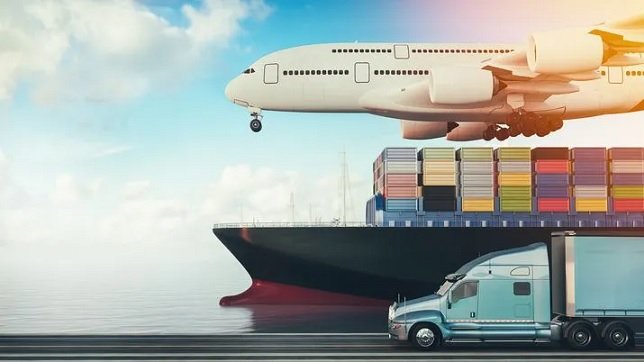The Rise of Time-Critical Logistics and Its Impact on the Trucking Industry

In today’s fast-paced business environment, the ability to quickly move goods from point A to point B is more important than ever. Time-critical logistics, which refers to the process of transporting goods on an urgent basis, is becoming increasingly important for businesses in a variety of industries. In this article, we’ll explore the rise of time-critical logistics and its impact on the trucking industry and the role of shipping work in achieving faster delivery times.
The Growing Demand for Time-Critical Logistics
The demand for time-critical logistics is on the rise. In today’s fast-paced business environment, businesses are under pressure to deliver goods faster than ever before. This is driven by several factors, including the rise of e-commerce, the increasing popularity of same-day delivery, and the growing importance of just-in-time inventory management.
This increasing demand for time-critical logistics is having a significant impact on the trucking industry. Shipping companies are now faced with the challenge of finding ways to transport goods quickly and efficiently to meet the demands of customers. This challenge has given rise to hot shot trucking, which is becoming increasingly important for shipping work, as it’s essential for shipping companies to adapt to the changing demands of the market.
The Impact on the Trucking Industry
The rise of time-critical logistics is having a significant impact on the trucking industry. As the demand for faster delivery times increases, shipping companies are faced with the challenge of finding ways to transport goods quickly and efficiently. This is leading to the adoption of new technologies, such as automation and data analytics, to improve logistics processes and streamline operations.
Additionally, the trucking industry is also facing increased pressure to reduce costs and improve efficiency. This is leading to the adoption of new technologies, such as electric vehicles, automated systems, and telematics to reduce fuel consumption and improve the tracking of shipments. Shipping work is becoming increasingly important as shipping companies need to adapt to these new technologies to be able to reduce costs and improve efficiency.
Meeting the Demand
To meet the demands of time-critical logistics, shipping companies are now looking for ways to optimize their logistics processes and improve efficiency. This can involve several different strategies, such as:
- Implementing automation in logistics operations leads to fewer errors and increased efficiency for shipping companies.
- Establishing strong partnerships with transportation providers guarantees timely and cost-effective delivery of goods.
- Incorporating innovative technologies, like electric vehicles, automation, and telematics, allows shipping companies to lower fuel usage and better monitor shipments.
The rise of time-critical logistics is having a significant impact on the trucking industry. Shipping companies are now faced with the challenge of finding ways to transport goods quickly and efficiently to meet the demands of customers. Shipping work is becoming increasingly important as shipping companies need to adapt to the changing demands of the market. To meet these demands, shipping companies are now looking for ways to optimize logistics processes and improve efficiency, by automating logistics processes, building relationships with transportation providers, and investing in new technologies. As the demand for time-critical logistics continues to rise, shipping companies that can adapt to these changes will be best positioned for success in the future.


